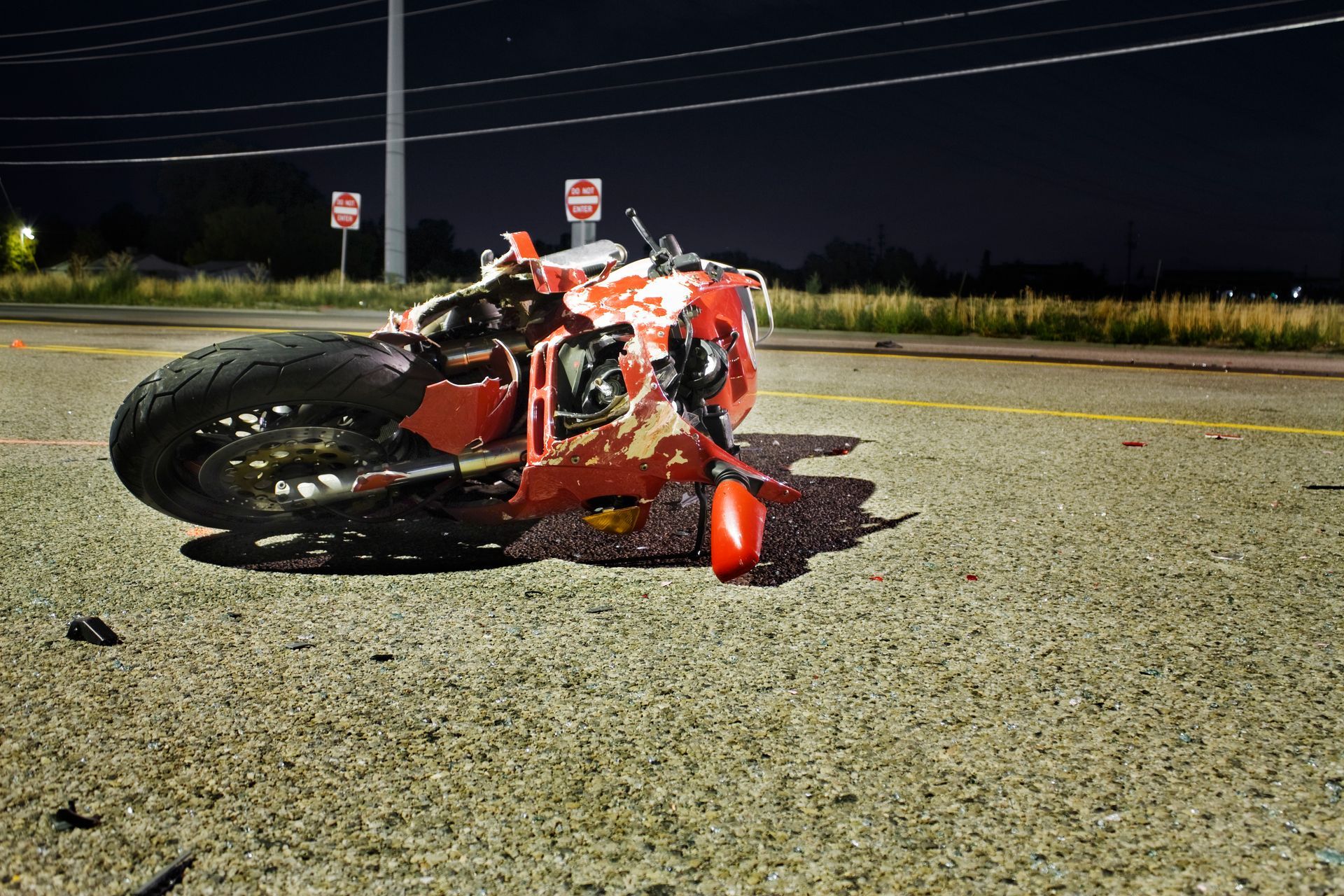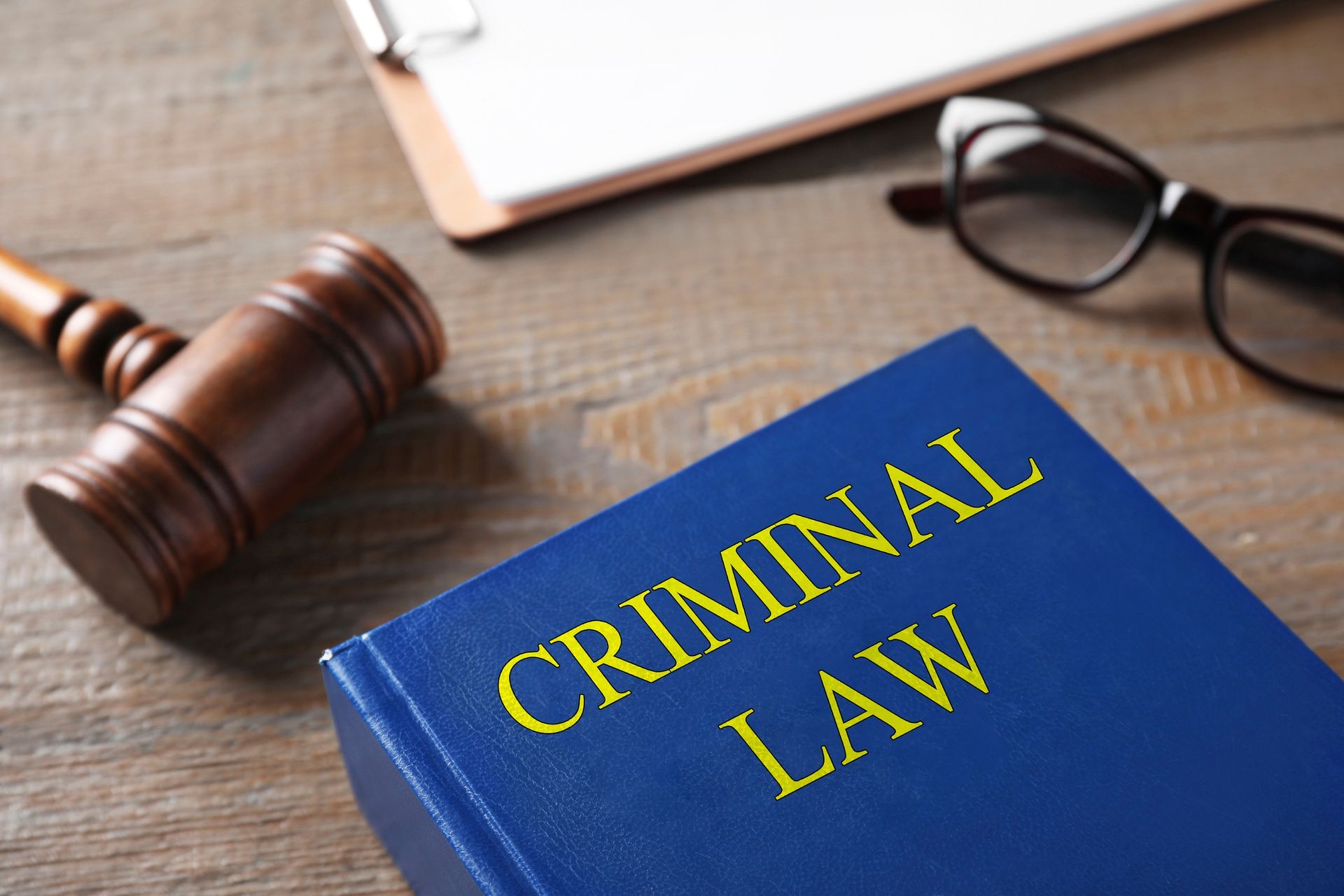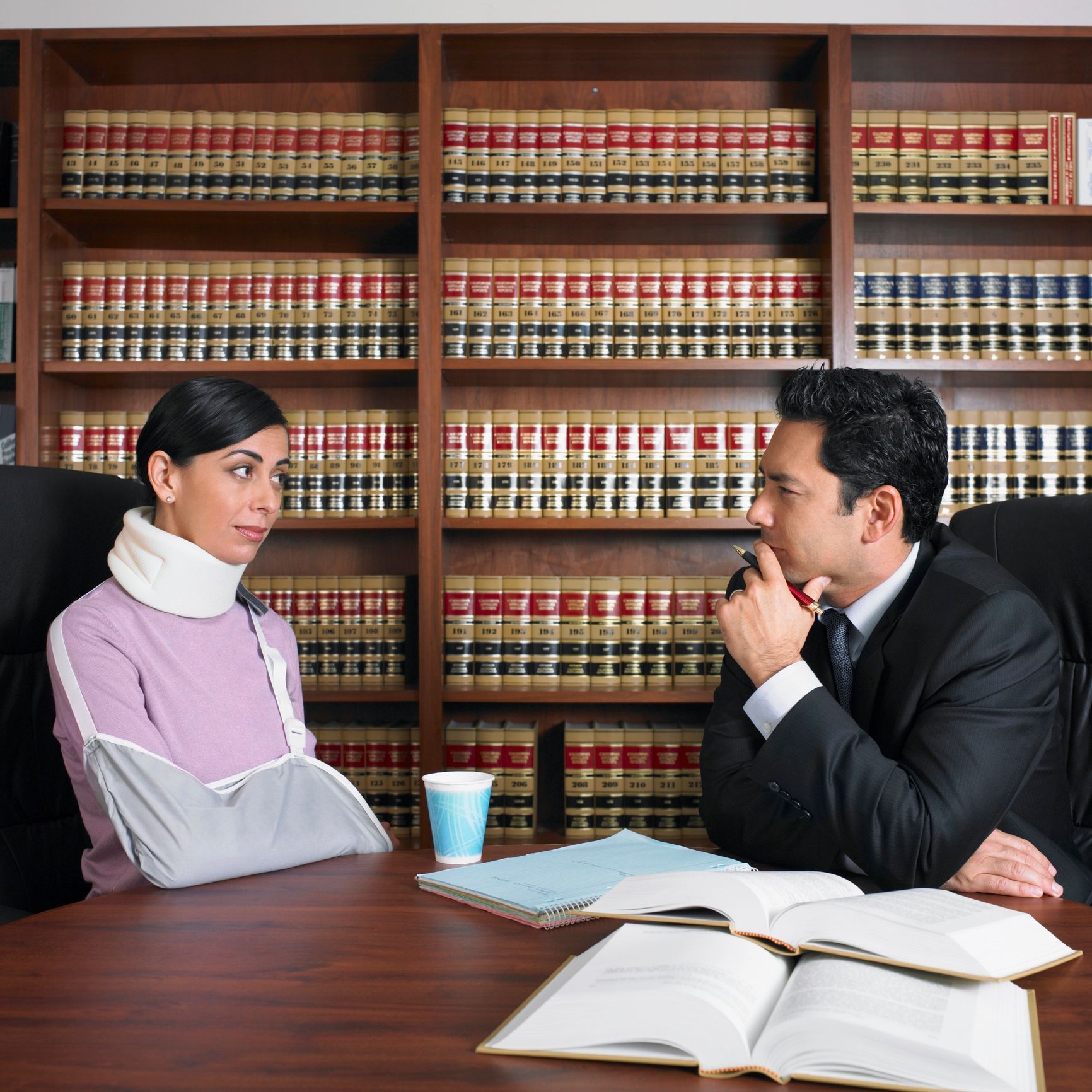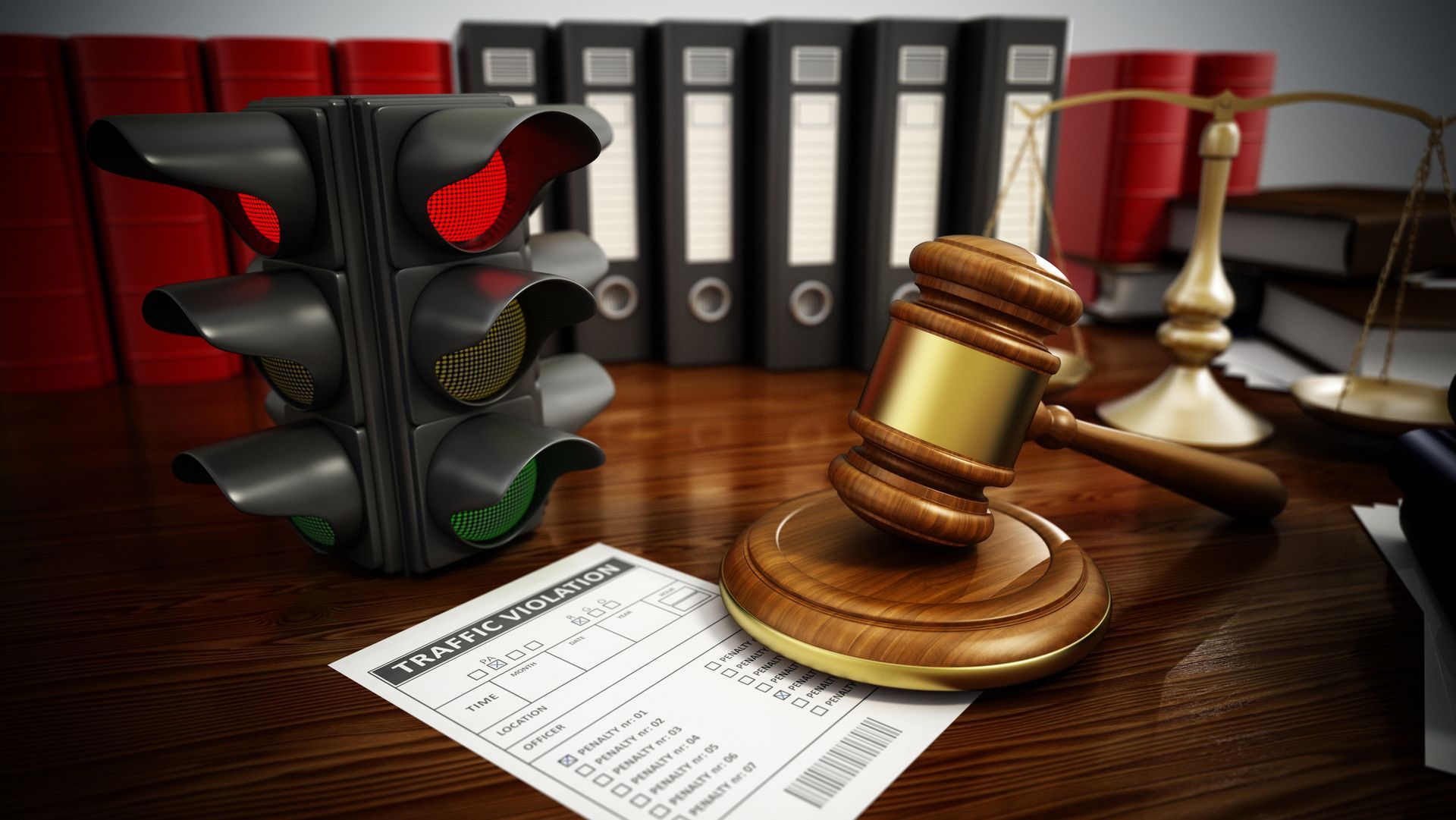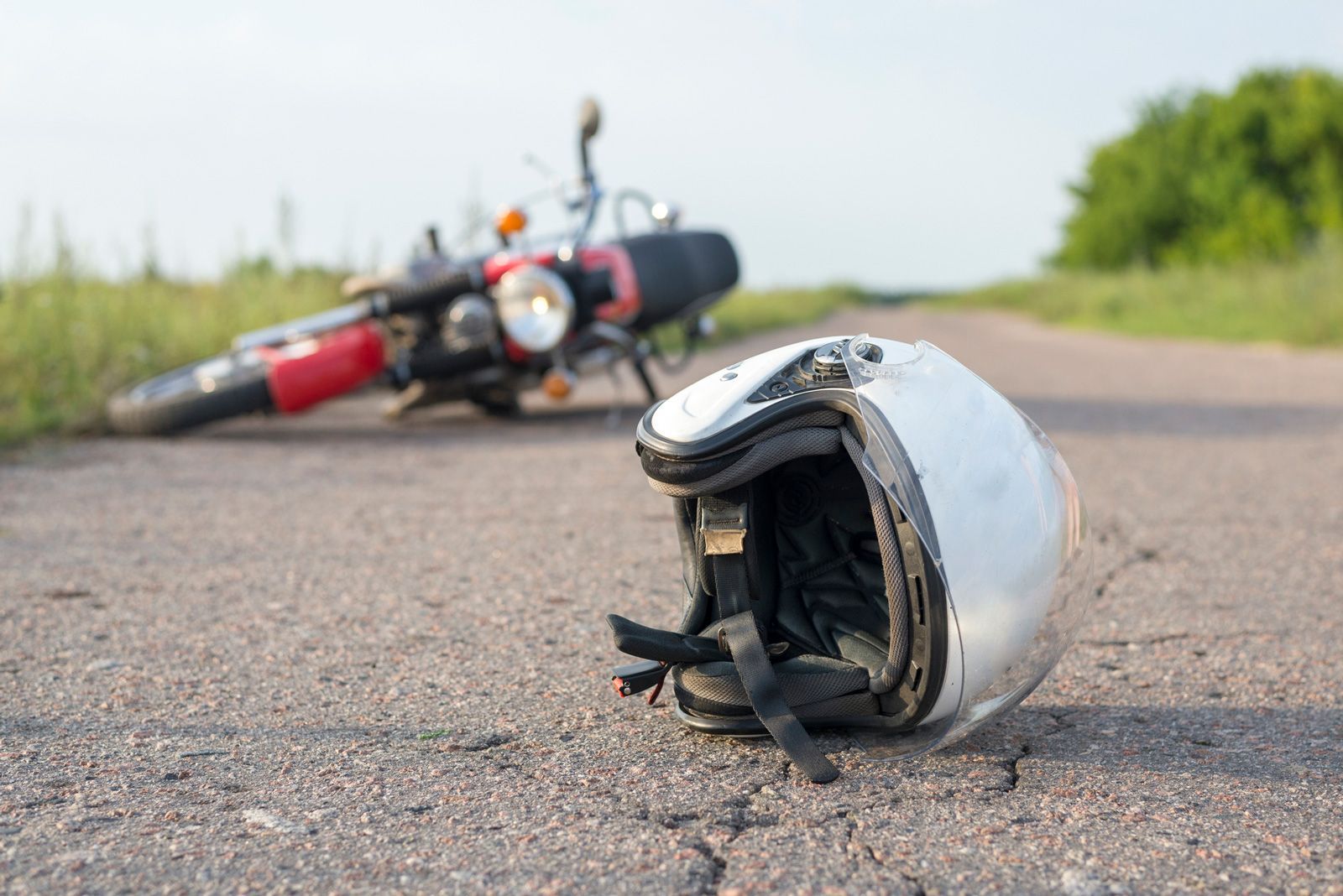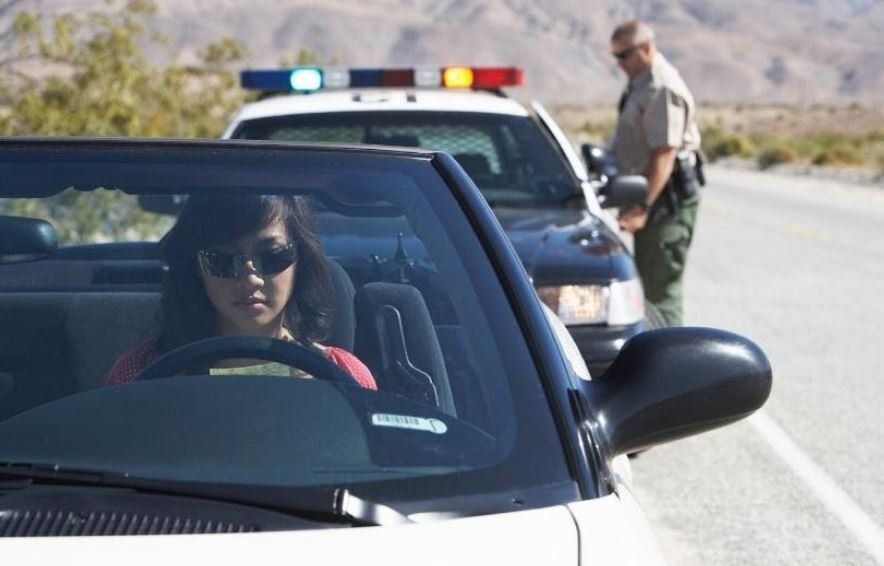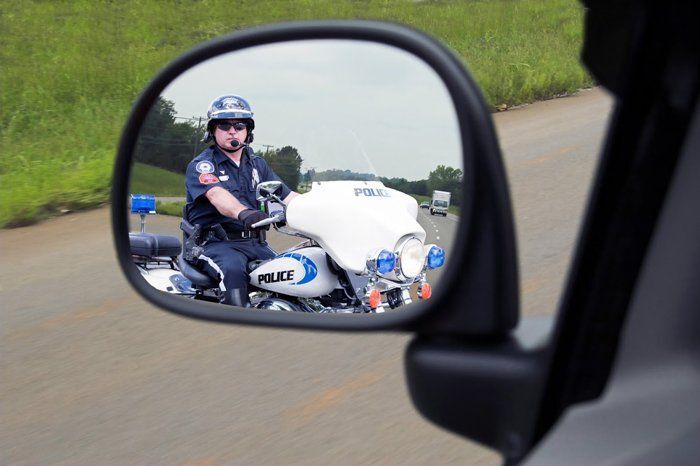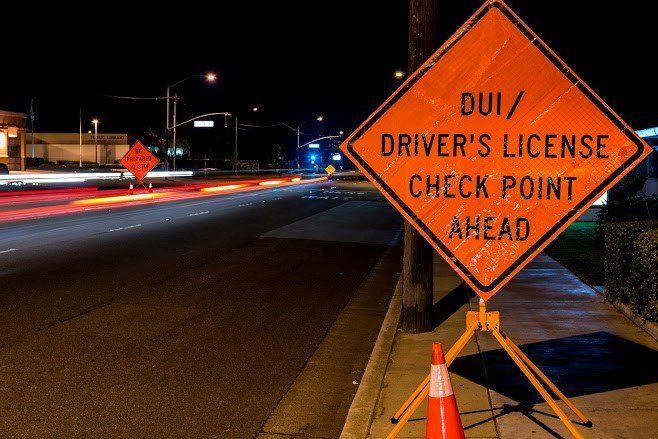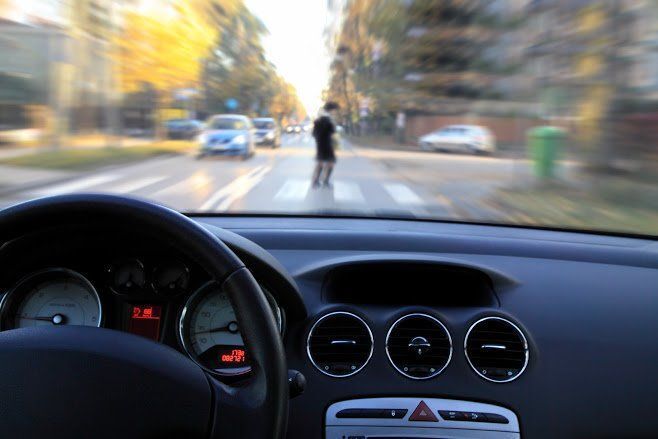
A lot of court cases involve crimes and criminals. However, in civil cases, no one has broken the law, but someone has been wronged or believes they have been wronged. If you would like to learn more about civil cases and lawsuits, check out these four common types.
Contract Disputes
When you agree to certain terms in a legally binding contract, you cannot break them without valid reason. If you do breach the contract without reason, the other party may sue you. The types of contract breaches include minor and material breaches. A minor breach doesn't change the core of the contract, and both parties should still complete the contract. However, the other party may still sue you for damages.
Similarly, they can sue you for material breaches. A material breach is something so big that it negates the entire contract to the point that neither party can rectify it. For example, if you agree to provide a service for a one-time event, and you don't provide the service, that may be a material breach because the one-time event has passed.
Property Disputes
As the name suggests, property disputes deal with any real estate disputes between two or more people. Some homeowners undergo property disputes regarding the property line. In other cases, property disputes involve how the land is zoned (commercial, residential, etc.). In severe cases, you and the other party may even argue about who actually owns the property.
Issues can also arise when neighbors build structures that block your view. For example, if your neighbor builds a tall fence (which drastically impacts your view), it may constitute a property dispute if you can prove it to be a spite fence, or a fence they built purely to annoy you. In some cases, the fence may even be illegal if it is taller than the local laws permit.
Torts
Tort simply means a civil wrongful act, which may include personal injury, assault, fraud, etc. Any action that causes injury to another person's body, property, or character may end up in civil court. Even if you didn't mean to hurt anyone, you can be held liable. Even if you were unaware of the potential risk (like a giant hole in your yard), you may be held responsible by the courts.
Torts also include defamation from libel or slander. You commit libel when you print harmful lies about someone. You commit slander if you speak harmful lies about someone. In most cases, libel is treated more severely because it is longer lasting than oral slander. Messages on the internet can last forever and continue to hurt the individual long after you’ve resolved the issue.
Class Action Cases
Sometimes, a business hurts an entire group of people. Instead of filing many individual claims, attorneys file one class action case. The person who first brought the issue to the attention of an attorney is normally the lead plaintiff. The lead plaintiff works with the attorney to create a condensed hearing that includes all attorneys, defendants, evidence, and witnesses.
Class action cases can seem overwhelming, but if you aren't the lead plaintiff, you don't have to do much to benefit. In most cases, affected individuals are automatically included in the lawsuit. If you don't want to be included, you'll need to opt out. Common class action cases include fraud, employment practices, and defective products.
Civil cases don't usually end with jail-time, but they can be expensive, especially if you are found guilty and have to pay the plaintiff. If you would like to know more about civil cases and how you can protect yourself during one, contact us at Tolbert & Tolbert, LLP today.

